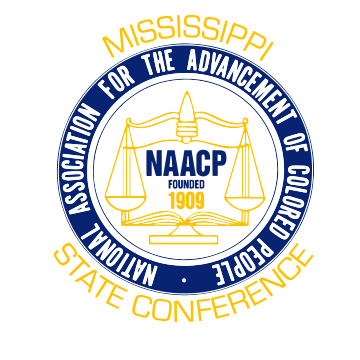We Know What Killed Freddie Gray
And a police badge shouldn’t hide the truth.
2015/5/1-On Friday morning, Baltimore State’s Attorney Marilyn Mosby announced the results of Freddie Gray’s autopsy. The report is clear. His fatal neck injury—a nearly severed spine—was the result of being handcuffed but not fully secured in the police wagon. Specifically, Gray was bound by his wrists and ankles and left stomach down on the floor of the van as it drove around West Baltimore. At least two officers checked on Gray’s status during the drive, but they didn’t act when he said he couldn’t breathe. Despite his pleas and “rapidly deteriorating” condition, he received no medical assistance. When he finally arrived at the station, he was in cardiac arrest.
But there’s more. According to Mosby, the arrest itself was illegal. Police had no cause for detaining Gray, not even for possession of a weapon; the knife they found in his pocket was not a switchblade and thus was legal under Maryland law. “No crime had been committed by Mr. Gray,” said Mosby.
In short, Gray was wrongly detained by police and fatally injured under their care. Indeed, the six officers—Officer Caesar Goodson Jr., Officer William Porter, Lt. Brian Rice, Officer Edward Nero, Officer Garrett Miller, and Sgt. Alicia White—knewGray needed medical help, knew he could die or be seriously injured, and chose not to act, ensuring his fate. His death, said Mosby, was a homicide. It’s a definitive rebuke to the Baltimore Police Department, which suggested—in a release to the media—that Gray had killed himself.
As such, Mosby’s office is charging everyone connected to Gray’s death. Goodson will face charges of second-degree depraved heart murder (a “callous disregard for human life”), involuntary manslaughter, second-degree assault, manslaughter by vehicle, and misconduct in office. Porter will face charges of involuntary manslaughter, second-degree assault, and misconduct in office. Rice will face charges of the same, plus false imprisonment, while Nero and Miller will face charges of second-degree assault, misconduct in office, and false imprisonment. And White will face charges of assault, misconduct, and false imprisonment in addition tomanslaughter. They’ve been suspended from duty, and warrants have been issued for their arrests.
On Twitter, the reaction was genuinesurprise. And for good reason. It is extraordinarily rare for police to face criminal charges. “Among the thousands of fatal shootings at the hands of police since 2005,” notes the Washington Post in a recent look at police violence, “only 54 officers have been charged.” And in Maryland, with its high rate of “justifiable homicides” by law enforcement, police officers were charged with crimes in less than 2 percent of cases where a civilian died. No, Gray’s death wasn’t a shooting. But these charges challenge the pattern.
The choice to charge the officers was a legal one. That said, it’s hard to dismiss the optics of Baltimore’s leadership. Mosby is black. Police Commissioner Anthony Batts is black. Mayor Stephanie Rawlings-Blake is black. Descriptive representation hasn’t solved the city’s problems, but compared with the leadership of a city like Ferguson, there’s a chance these leaders have closer ties to their constituents and a better finger on the pulse of the community. Between the protests and the riots and the general discontent—easily heard in any casual conversation among Baltimoreans over the last week—officials had to have known that no charges would turn a volatile situation dangerous.
To be clear, there’s no guarantee the charges will stick. The killer of Rekia Boyd—an off-duty Chicago cop who fired into a group of people, believing one had reached for a gun, and killed the unarmed Boyd—was charged with involuntary manslaughter. He was acquitted. But if the problem of police violence is, in part, a problem of accountability, then the charges are important, regardless of what comes next. In so many words, the city of Baltimore has said that these officers were wrong: That Freddie Gray’s life mattered, that his death shouldn’t have happened, and that wearing a badge doesn’t mean you’re not responsible.
source: Slate



